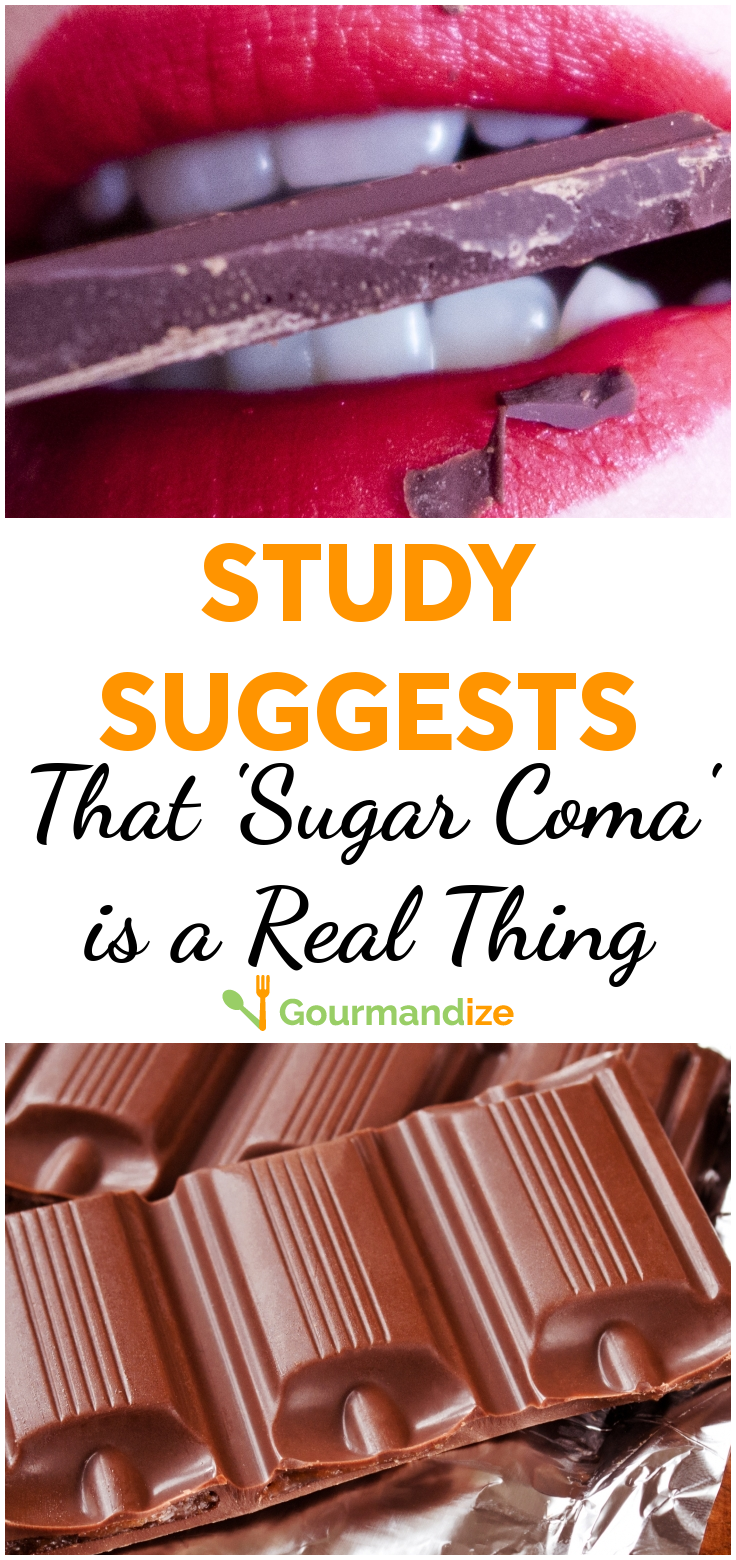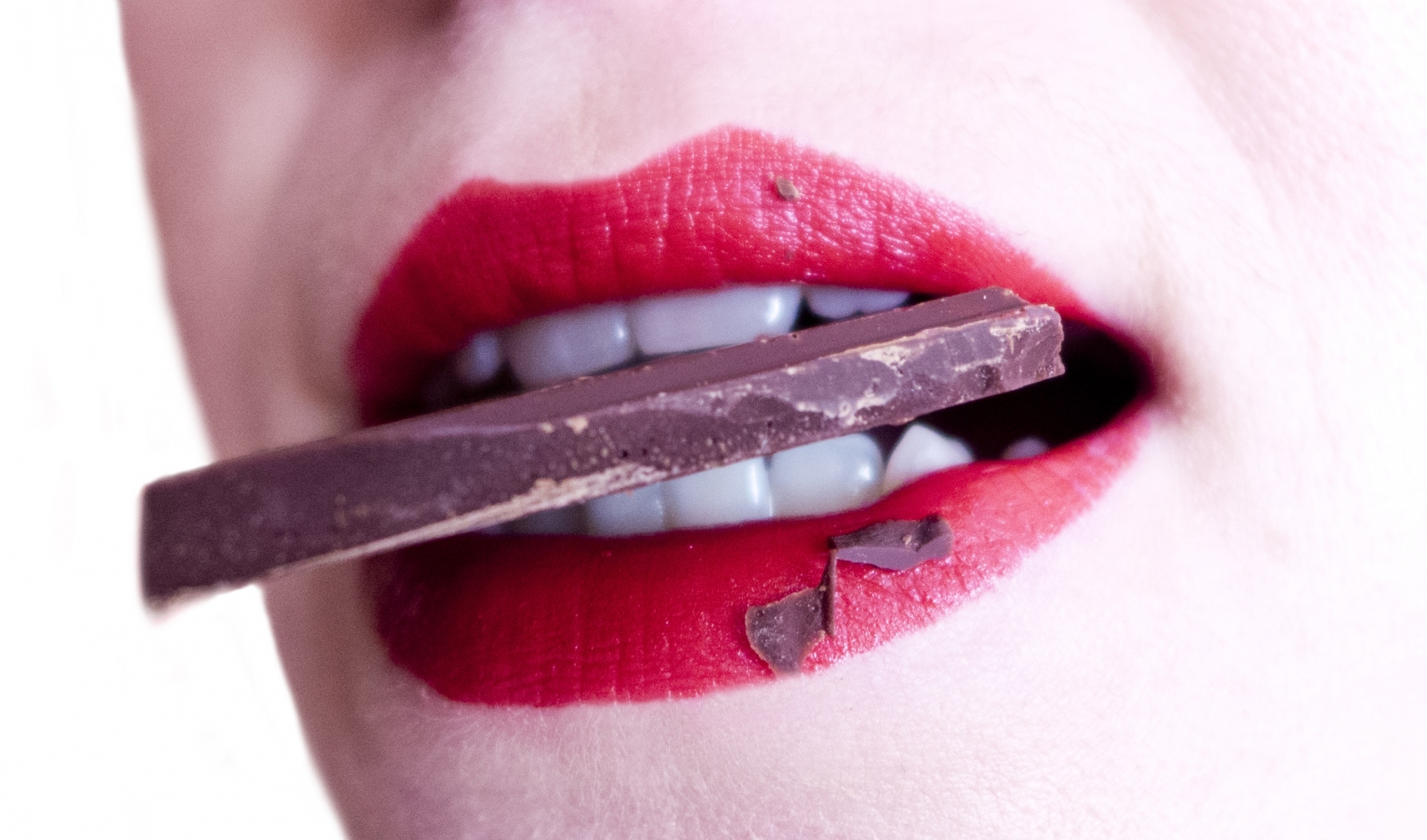Study suggests that 'sugar coma' is a real thing
And it leads to worse cognitive performance.

© Thinkstock
Sugar Coma is a real thing
Got a sweet tooth? You might want to reconsider your next square of chocolate.
Scientists in New Zealand have published the results of a study that suggests that a spike in blood glucose levels is related to poor cognitive performance.
This will come as no surprise to anybody who has ever experienced the lethargy and sleepiness of a 'sugar coma', the 'crash' that comes post-sugar binge.
But the research, published online in the scientific journal Physiology & Behavior, found that not all sugars are to blame.
During the study, participants consumed sweetened drinks containing either glucose, sucrose (table sugar), fructose (fruit sugar), or sucralose (an artificial sweetener) before completing three different cognitive tests.
They found that participants who had consumed glucose or sucrose tended to perform worse on the tests than those who had consumed fructose or sucralose.
The negative impacts observed were reduced attention and response times. These were even worse if the subject had fasted before consuming the sugar.
“Our study suggests that the ‘sugar coma’ – with regards to glucose – is indeed a real phenomenon, where levels of attention seem to decline after consumption of glucose-containing sugar,” Peng told PsyPost.
So next time you've got a test, important meeting or recital coming up, skip the sugary food. Fill up instead with blueberries, walnuts, wild salmon and avocados, brain super foods that will keep you satisfied, and alert, for longer.
Is brown sugar really healthier for you than white?
More steaming articles
 25 fast beef dinners you can't mess up
25 fast beef dinners you can't mess up
 50 ways to make the most of summer...
50 ways to make the most of summer...
 10 habits that will make you a better...
10 habits that will make you a better...



Comment on this article